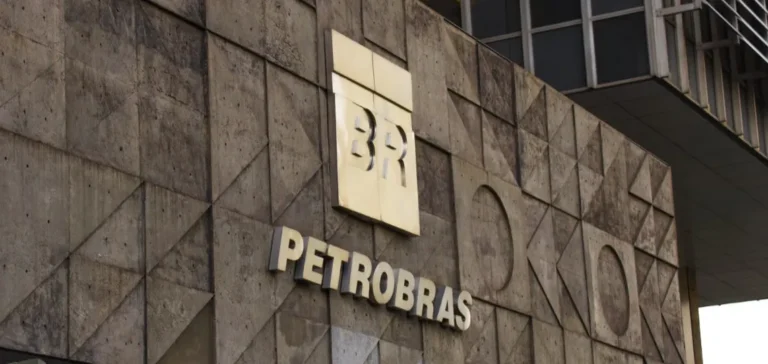Petróleo Brasileiro S.A. (Petrobras) has acquired a 27.5% stake in offshore Block 4 located off the coast of São Tomé and Príncipe, strengthening its upstream oil strategy in Africa. The transaction marks a new step in the company’s 2025–2029 Strategic Plan, which aims to diversify its asset base and secure reserves through frontier exploration.
An international consortium led by Shell
Block 4 is now operated by a consortium led by Shell, which holds 30% of the project. Portuguese company Galp Energia S.G.P.S., S.A. also holds 27.5%, while the National Petroleum Agency of São Tomé and Príncipe (ANP-STP) retains a 15% stake. This distribution reflects a balance between major global energy players and local authorities.
Strengthened commitment in African deepwater zones
Petrobras is no stranger to the region. Since February 2024, it has held 45% of Blocks 10 and 13, as well as 25% of Block 11. The entry into Block 4 confirms the group’s intent to strengthen its presence in the Gulf of Guinea, considered by several operators as a high-potential yet underexplored zone.
Long-term goals and internal governance
The company stated that the acquisition was carried out in line with its internal governance procedures. It fits into an external growth strategy aimed at expanding the group’s reserve base beyond Brazilian borders. Petrobras continues to pursue opportunities in strategic zones in partnership with other major industry players.
A strategy aligned with industry majors
The collaborative approach adopted for the development of Block 4 reflects a broader industry trend: forming consortiums to share the risks of deepwater exploration. The participation of Shell and Galp alongside Petrobras gives the project an international scope likely to attract further investment.






















